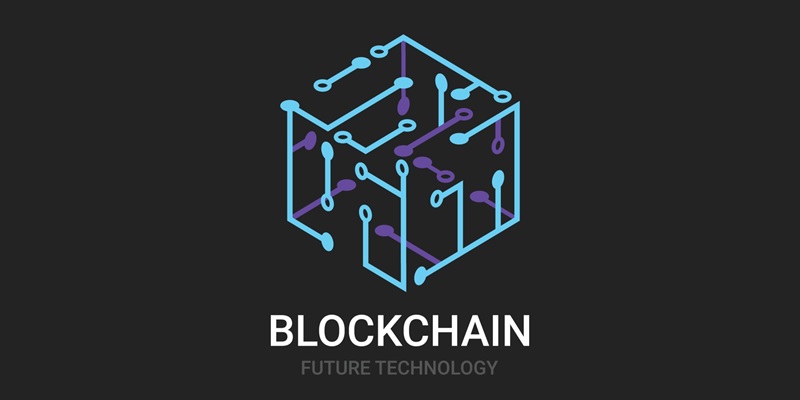In today’s digital age, managing and protecting intellectual property rights has become increasingly complex. However, with the advent of Blockchain as a Service (BaaS), a new era of secure and transparent intellectual property rights management has dawned. This article explores the many advantages of BaaS in revolutionizing the way we record, verify, and protect ownership, while also enabling new business models and enhancing global reach.
The Secure and Transparent Platform of BaaS for Recording and Verifying Ownership
One of the key advantages of BaaS for intellectual property rights management is its ability to provide a secure and transparent platform for recording and verifying ownership. By utilizing the immutability and transparency of blockchain technology, BaaS eliminates the need for trust-based systems. It establishes a secure ledger where ownership rights can be indisputably recorded, fostering a higher level of trust and confidence in an increasingly interconnected digital world.
Reducing the Risk of Fraud and Providing an Immutable Record of Ownership
Through its transparency, BaaS not only reduces the risk of fraudulent activities but also provides a clear and immutable record of ownership. Unlike traditional methods that rely on centralized databases vulnerable to manipulation or hacking, the decentralized nature of blockchain technology ensures that records cannot be altered retroactively. This immutable record becomes a vital asset in resolving disputes, protecting intellectual property rights, and instilling confidence in creators and innovators.
Enhanced Efficiency in Managing Intellectual Property Rights with BaaS
Managing intellectual property rights with traditional methods can often be a cumbersome and time-consuming process, involving multiple intermediaries. BaaS streamlines this process by automating it, reducing paperwork, and eliminating the need for intermediaries. Smart contracts, a cornerstone of blockchain technology, can be utilized to automate licensing agreements, ensuring that intellectual property rights holders receive fair compensation for the use of their creations. By enabling faster and more efficient transactions, BaaS enhances the overall efficiency of managing intellectual property rights.
Automation of Processes and Elimination of Intermediaries
With BaaS, businesses can significantly simplify and expedite the management of intellectual property rights. Through the use of smart contracts, which automate the enforcement and execution of licensing agreements, organizations can seamlessly authenticate and record transactions. This automation not only reduces costs but also eliminates the need for intermediaries, such as lawyers or licensing agencies. By bypassing these intermediaries, creators and innovators gain more control over their intellectual property, ensuring fair compensation and minimizing unnecessary delays.
Enabling New Business Models with Smart Contracts and Fair Compensation
BaaS opens up exciting possibilities for new business models in intellectual property rights management. Smart contracts can revolutionize the way licensing agreements are conducted, ensuring that creators are properly compensated for the use of their intellectual property. These self-executing contracts automatically enforce agreed-upon terms and conditions, leaving no room for negotiation discrepancies. This level of automation empowers creators by providing them with a seamless platform to monetize their intellectual property while maintaining control over its usage and distribution.
Global Reach and Cross-Border Transactions with BaaS for Intellectual Property Rights Management
The globalization of markets demands a comprehensive approach to intellectual property rights management. Traditional methods often face obstacles in cross-border transactions due to varying legal frameworks and complex licensing agreements. However, with BaaS, businesses can leverage the decentralized nature of blockchain technology to establish a global network for managing intellectual property rights. This network can facilitate cross-border transactions, simplify licensing agreements, and ensure compliance with various legal requirements, ultimately fostering innovation and collaboration across geographical boundaries.
As businesses increasingly recognize the advantages of BaaS, we can expect to see a significant shift in how intellectual property rights are managed. The secure and transparent platform of BaaS for recording and verifying ownership reduces the risk of fraud and provides an immutable record, offering unprecedented opportunities for creators, innovators, and businesses alike. With enhanced efficiency, automation of processes, and worldwide accessibility, BaaS is poised to create a more efficient and effective system for managing and protecting intellectual property rights, leading to a future where innovation thrives in a fair and trusted environment.

